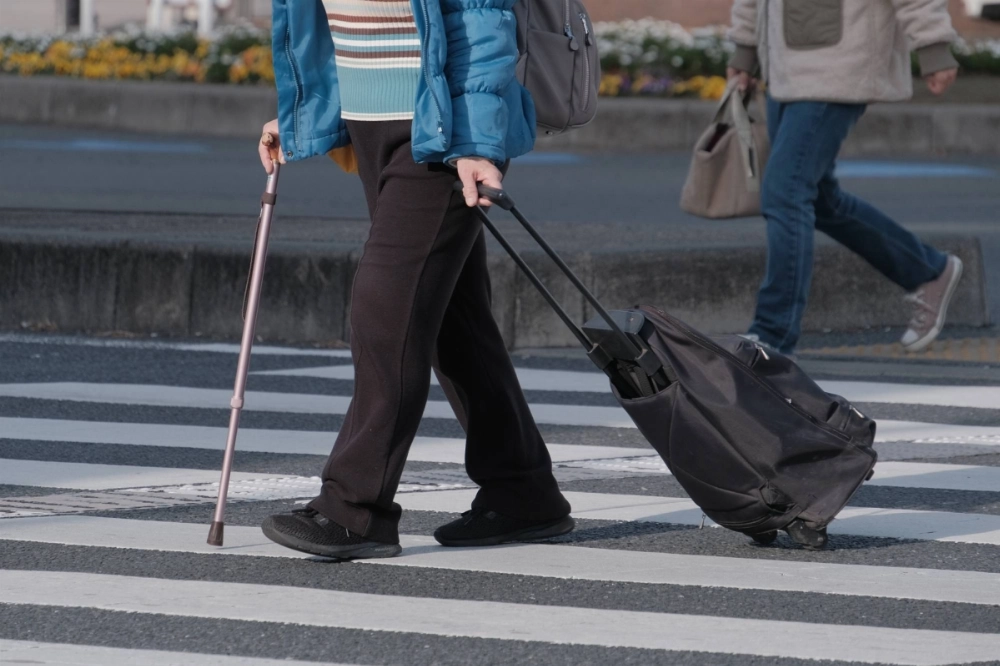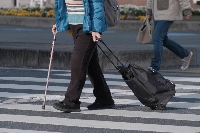The government has notified municipalities and financial institutions that they are now allowed to use the savings of deceased people to cover burial or cremation fees without their heirs' consent, sources said.
This is aimed at reducing the financial burden on municipalities, which have shouldered burial or cremation costs when a deceased person's savings deposits could not be used. The measure comes as the number of people dying alone increases.
Reflecting lifestyle changes and other circumstances, the proportion of single-person households in Japan rose from 25.6% in 1995 to 38.0% in 2020. Among elderly people age 65 and over, the share of such households jumped from 5.0% to 12.1%.
Over 105,000 people died with no one to take care of their remains between April 2018 and October 2021, according to the internal affairs ministry.
Under the current law, burial or cremation costs for people who die alone will be paid using their savings deposits, and any shortfalls will be covered by municipalities.
However, whether the deceased person's deposits could be used has depended on coordination between municipalities and financial institutions. Municipalities have been denied access to savings accounts in some cases because there were no heirs, and they were required to submit various documents in other cases.
In light of this situation, the welfare ministry has revised the guidelines for handling money left by people who died alone, including a new document format for municipalities to submit to financial institutions.
The revised guidelines also state that the heirs' consent is not necessary to withdraw the deceased's deposits to pay burial or cremation fees.
The central government has been considering this issue since 34 local governments asked for a clarification of related rules in 2024 as part of decentralization reform.




















With your current subscription plan you can comment on stories. However, before writing your first comment, please create a display name in the Profile section of your subscriber account page.